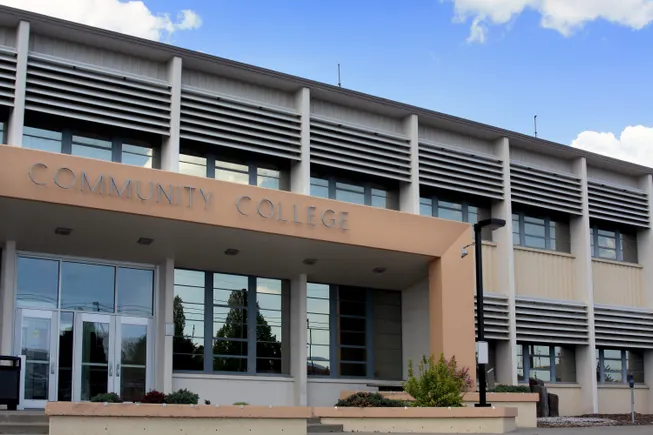Dive Brief:
- State governments have enacted five bills this year that directly restrict educational speech in college classrooms, according to an annual report from Pen America, a free expression advocacy group.
- The group calls these laws “educational gag orders.” Although lawmakers filed fewer of these types of bills in 2024 than they did the prior two years, Pen America described the newly adopted legislation as “some of the most pernicious assaults on educational speech” that it has ever encountered.
- State governments have also enacted five laws this year that undermine academic freedom without directly censoring college classroom speech, such as restricting faculty tenure or banning diversity, equity and inclusion efforts, according to the report.
Dive Insight:
Bills aiming to censor classroom speech have largely taken on new forms than they did just three years ago, Pen America said. Previously, censorship bills sought to outright ban the teaching of certain topics, such as critical race theory.
“But in 2024, the playbook changed,” the report’s authors wrote, adding that “policymakers largely abandoned straightforward calls for censorship, opting instead to disguise their intentions through euphemism and misdirection.”
That tactic has taken three major forms, they said.
According to Pen America, the first involves disguising censorial legislation by tacking it onto bills with popular goals. The report’s authors pointed to a bill passed in Indiana this year that ties faculty tenure to whether they promote viewpoint diversity.
Under the law, trustee boards may deny faculty members tenure if they deem them unlikely to encourage intellectual diversity.
“This sort of language may appear innocuous or even salutary, at least at first glance,” the report’s authors wrote. “And indeed, that is the entire point.”
But rather than encourage professors to present a variety of viewpoints, the bill’s language will likely spur them to merely teach what students expect, Pen America said. “The goal will not be to expose students to something new; it will be to convince them that the professor has checked every box,” they wrote.
Students can also lodge complaints against professors who don’t include a variety of viewpoints in their instruction or who present opinions while teaching that aren’t related to their academic field.
This will “stifle faculty speech,” the report’s authors argued, as trustees will have the final say on whether a violation has occurred, and faculty won’t have “recourse to academic freedom protections.”
Another tactic Pen America spotlighted is legislation that weakens academic freedom rather than directly censors speech. The report pointed to bills that mandate colleges remain neutral on social or political issues.
These proposals often use broad language. For instance, Iowa Gov. Kim Reynolds signed a bill into law in May that bans public colleges from taking an official position on a wide array of issues, including allyship, cultural appropriation, systemic oppression, social justice, racial privilege or “any related formulation” of the listed topics.
“Given the vagueness implied by that last phrase, virtually any idea whatsoever could be considered forbidden for a university to express,” the report’s authors argued.
They pointed to a similar bill recently passed in Utah, which has spurred Salt Lake Community College to advise faculty and other employees to avoid public advocacy while “wearing SLCC-branded clothing.”
Lastly, Pen America accused lawmakers of using their political positions to “bully or intimidate” colleges into adopting policies that censor classroom instruction or weaken academic freedom.
The authors pointed to events in North Carolina as one example of this tactic.
Earlier this year, state Rep. Tim Moore, the Legislature’s House speaker, said lawmakers were considering legislation to ban or restrict DEI but would allow the University of North Carolina System “to take a look at it first,” The News & Observer reported.
In May, the UNC System’s governing board implemented a policy banning DEI offices and positions. Since then, the system’s 17 institutions have cut 59 DEI-related positions.
In North Carolina and other similar cases, “no law is ever signed,” the authors argued. “Instead, the university or individual educator simply falls into line.”
#States #enact #laws #censoring #college #classroom #speech










